Forklifts are key tools in warehousing, logistics, manufacturing, and retail. When you need a new one, the big question is: should you hire or buy one? It’s not just about price — you need to consider how often you’ll use it, how busy your business is, and your cash flow. This blog explains the pros and cons of forklift hire and purchase to help you make the best choice.
Benefits of Forklift Hire
Lower cost for short-term needs
If you have a temporary project, seasonal sales spike, or sudden large order, forklift hire lets you avoid a big upfront payment — much easier on short-term budgets.
Access to newer equipment at a lower price
Most forklift rental services provide newer models in good condition, reducing the risk of breakdowns from aging machines. You can also try out different models and new tech without committing to a full purchase. If your team likes the forklift you’ve hired, it can help you make a better buying decision later.
Flexible rental periods
Whether you need it for a few days, weeks, or months, forklift hire can be adjusted to your actual needs. This is perfect for industries with fluctuating workloads, since you won’t pay for idle machines.
Maintenance and repairs covered by the rental company
Most forklift hire contracts include regular servicing and breakdown repairs, meaning you can focus on your operations without worrying about maintenance scheduling.
No upfront capital expense
Forklift hire helps free up your working capital for other parts of the business, which is especially important in the early growth stages.
Drawbacks of Forklift Hire
No asset ownership
You don’t build equity in the equipment. A purchased forklift can be resold later to recover some value.
Potential usage restrictions
Some rental companies limit where and how you can use their forklifts, which can reduce flexibility.
Higher long-term costs
If you need a forklift for years, the accumulated rental costs may exceed the purchase price.
Total Cost of Ownership (TCO) Example – Forklift Hire
Let’s say you need a 2.5-ton electric counterbalance forklift:
- Usage period: 3 years
- Usage frequency: 160 hours/month (about 40 hours/week)
- Purchase price: AUD 35,000
- Forklift rental price: AUD 1,800/month (maintenance included)
- Maintenance cost if purchased: AUD 1,500/year
- Insurance & registration if purchased: AUD 500/year
- Resale value after 3 years: AUD 15,000
Short term (<12 months) → Forklift hire is cheaper, no need for a AUD 35k upfront payment, and maintenance is included. Long term (>2 years) → Buying costs less overall, especially for high-frequency use. Flexibility → Forklift rental works better for seasonal or project-based businesses; buying is better for steady, long-term needs.
Risks & Key Considerations for Forklift Rental
When hiring a forklift
- Check service response time (e.g. within 24 hours).
- Understand replacement equipment arrangements.
- Confirm insurance responsibilities (damage, third-party liability).
- Clarify overtime rates and extra fees to avoid disputes.
When buying a forklift
- Plan a regular maintenance schedule.
- Consider resale value in your ROI calculation.
- Choose a brand with good after-sales service and spare parts availability.
- Make sure the forklift spec suits future business changes.
Rent-to-Buy Option in Fork Hire
Some companies offer rent-to-buy deals to combine the flexibility of forklift rental with the long-term value of ownership. You hire the forklift first, and after a set period, you can buy it at a reduced price. If the machine isn’t a good fit, you can return it without wasting a big investment.
At DJJ, we offer a well-structured rent-to-buy program, giving you the chance to become our long-term partner while enjoying Australia-wide delivery and reliable local after-sales service.
Forklift Hire Decision Recommendations
Here’s a simple decision logic to help you quickly determine whether to buy or hire a forklift:
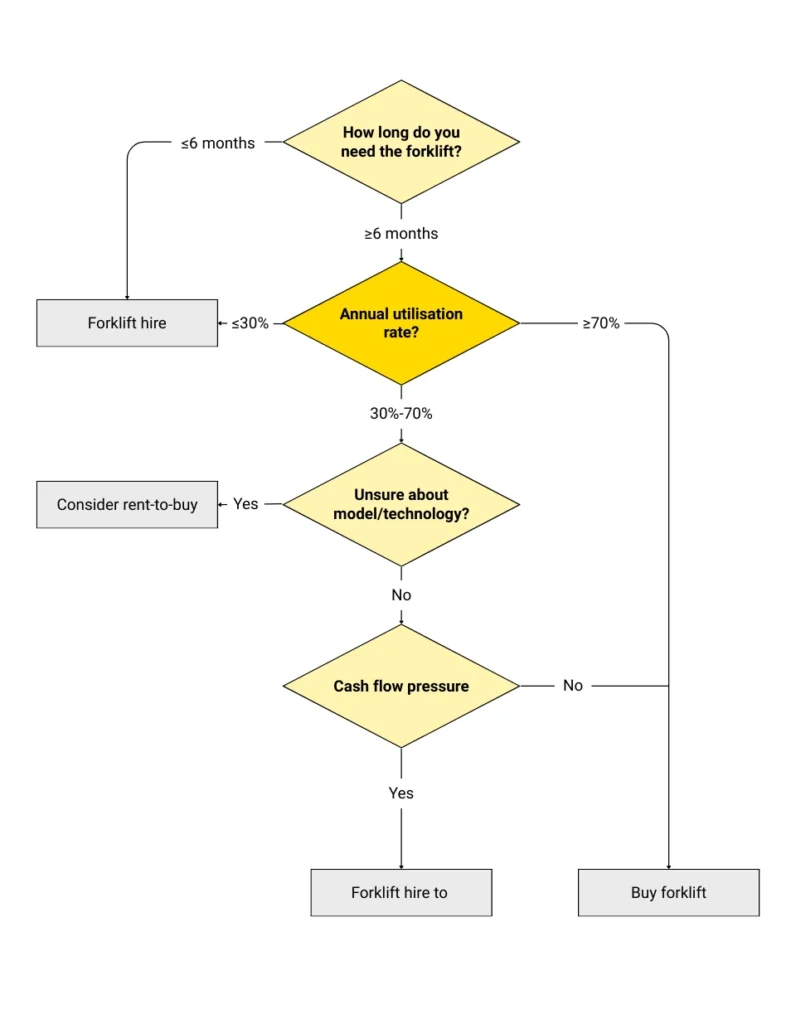
Annual Utilisation Rate for Forklift Hire
The annual utilisation rate measures how much the forklift is actually working compared to its total available hours.
Annual utilisation rate (%) = Actual annual operating hours ÷ Total available annual hours × 100%
Example:
- Total available hours = 8 hours/day × 5 days/week × 50 weeks/year = 2,000 hours
- If you use the forklift 1,600 hours/year → utilisation = 80%
Guidelines:
- ≥70% → Buying is more cost-effective
- 30–70% → Evaluate based on budget and workload stability
- <30% → Forklift hire is more cost-effective
Benefits of Buying a Forklift
Lower cost over the long term If you use a forklift frequently, buying costs less than renting over time.
Full operational control No rental restrictions, always available when you need it.
Asset value & tax benefits Forklifts can be listed as fixed assets, depreciated for tax purposes, and sometimes qualify for end-of-financial-year asset purchase tax incentives in Australia.
Customisation You can modify or add attachments, such as freezer-rated or explosion-proof features.
Drawbacks of Buying a Forklift
Higher upfront cost A big one-time payment can put pressure on cash flow.
Maintenance costs You’ll be responsible for servicing, repairs, and spare parts.
Depreciation & obsolescence Forklifts lose value and may be outdated after a few years.
Forklift hire is ideal for businesses with seasonal demand or short-term projects, while buying suits stable, high-usage operations. By comparing your forklift rental costs against purchase costs, and factoring in your utilisation rate, you can make the smartest choice for your business. Contact us today!
FAQ’s
How much does forklift hire cost?
The cost of forklift hire depends on several factors, including the model, rental duration, and location. Prices typically range from $150 to $500 per day, with discounts for longer rentals.
What are the benefits of forklift hire for short-term projects?
Forklift hire offers flexibility, as you only pay for the duration of your project. This means you can access the latest equipment without the commitment of a long-term purchase. It’s also perfect for seasonal increases in demand.
What are the maintenance responsibilities when renting a forklift?
When you rent a forklift, the rental company typically handles maintenance, repairs, and inspections. This means you don’t have to worry about unexpected repair costs or downtime during your rental period.
How do I decide whether to hire or buy a forklift for my business?
Consider the duration of use, financial situation, and maintenance needs. If your business needs a forklift for daily use and long-term, purchasing might make sense. For short-term or occasional use, forklift hire or rental is more cost-effective.
Why should I consider forklift rental over buying?
Forklift rental is ideal if you need equipment for a short-term project, don’t want the upfront cost of purchasing, or require flexibility. It also allows you to avoid maintenance costs and storage concerns.


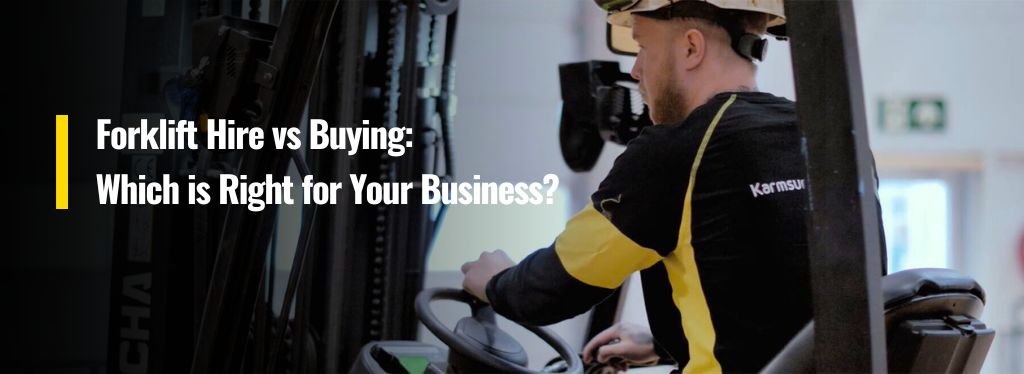
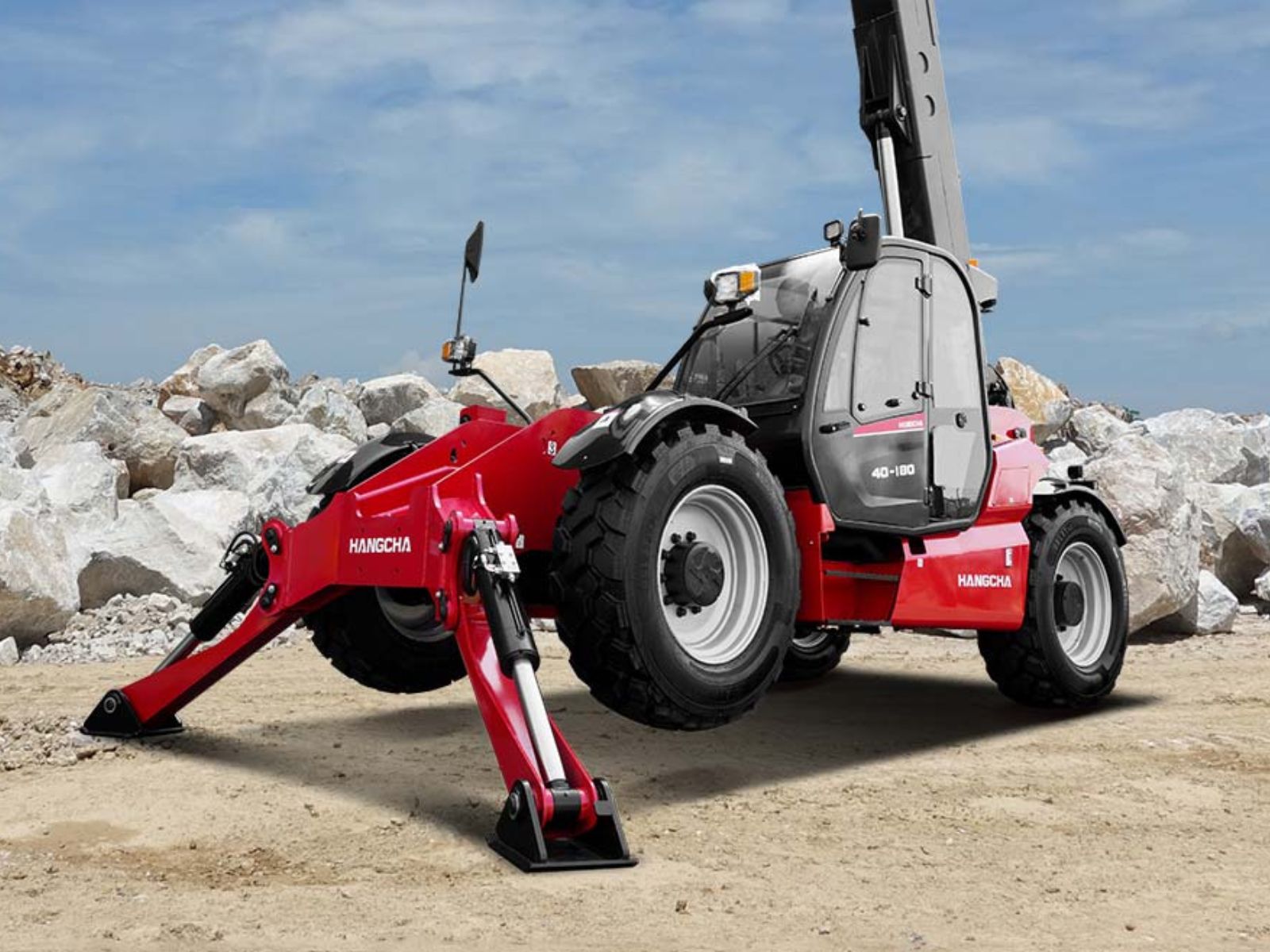
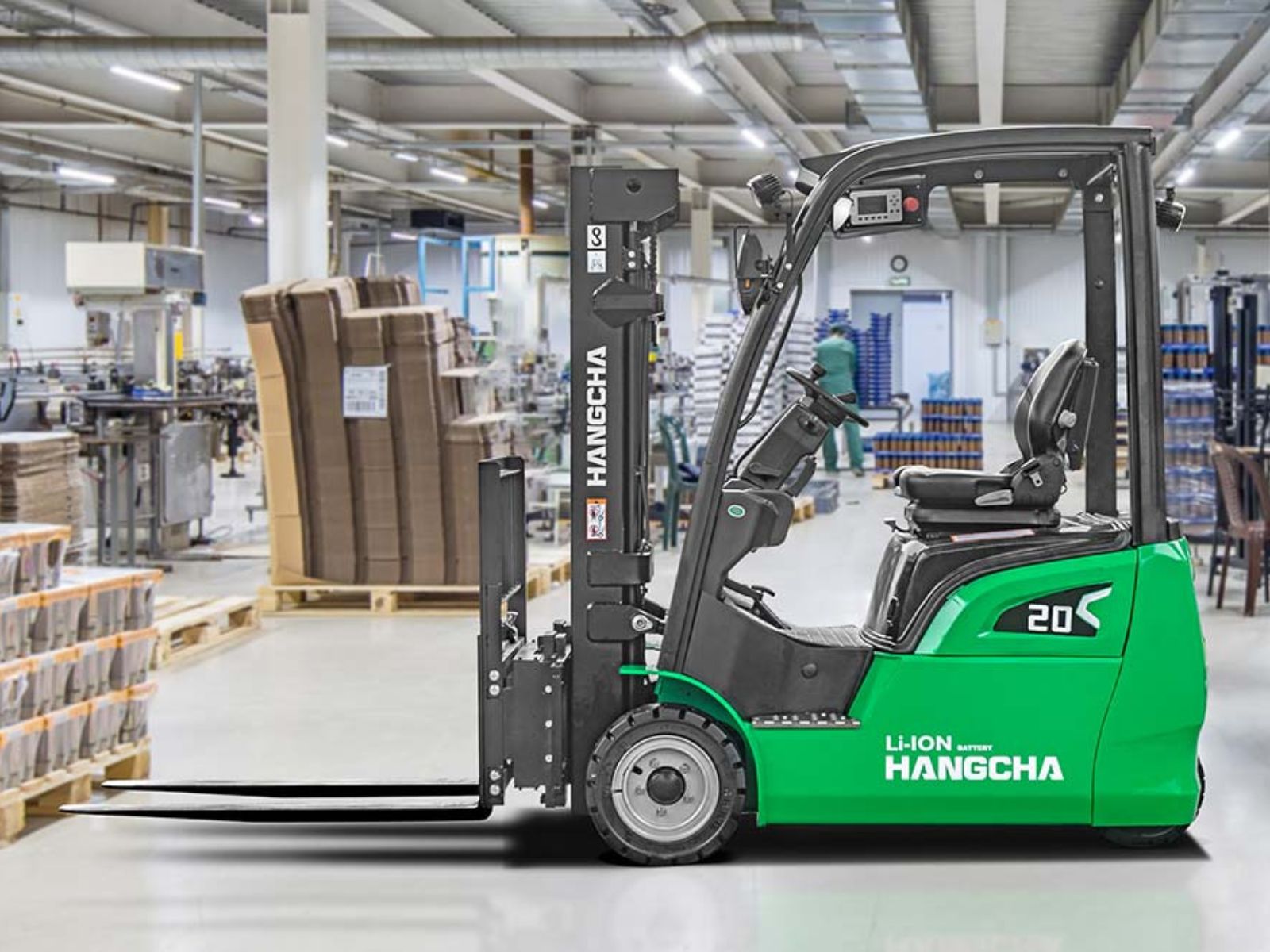
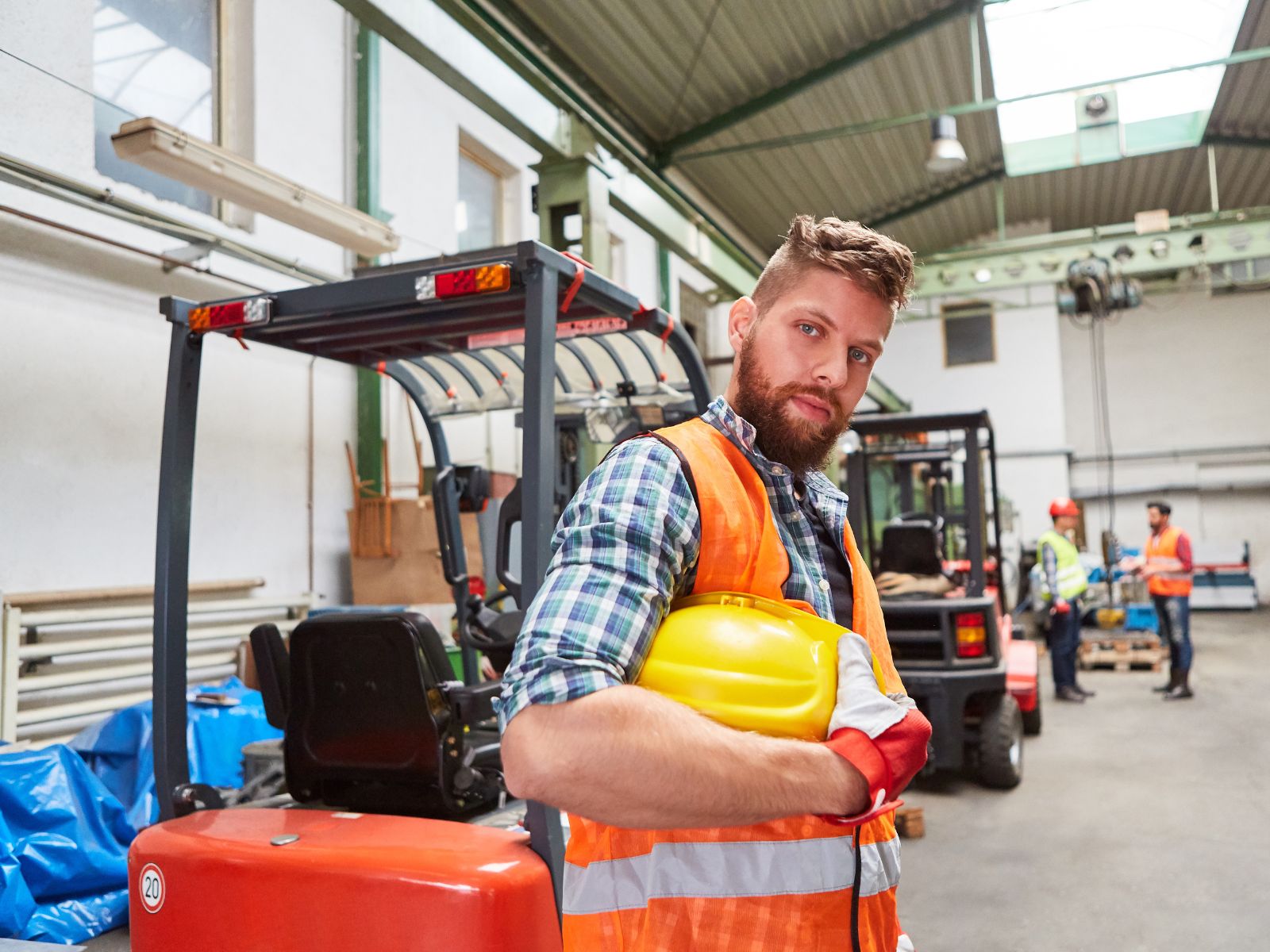
.webp)